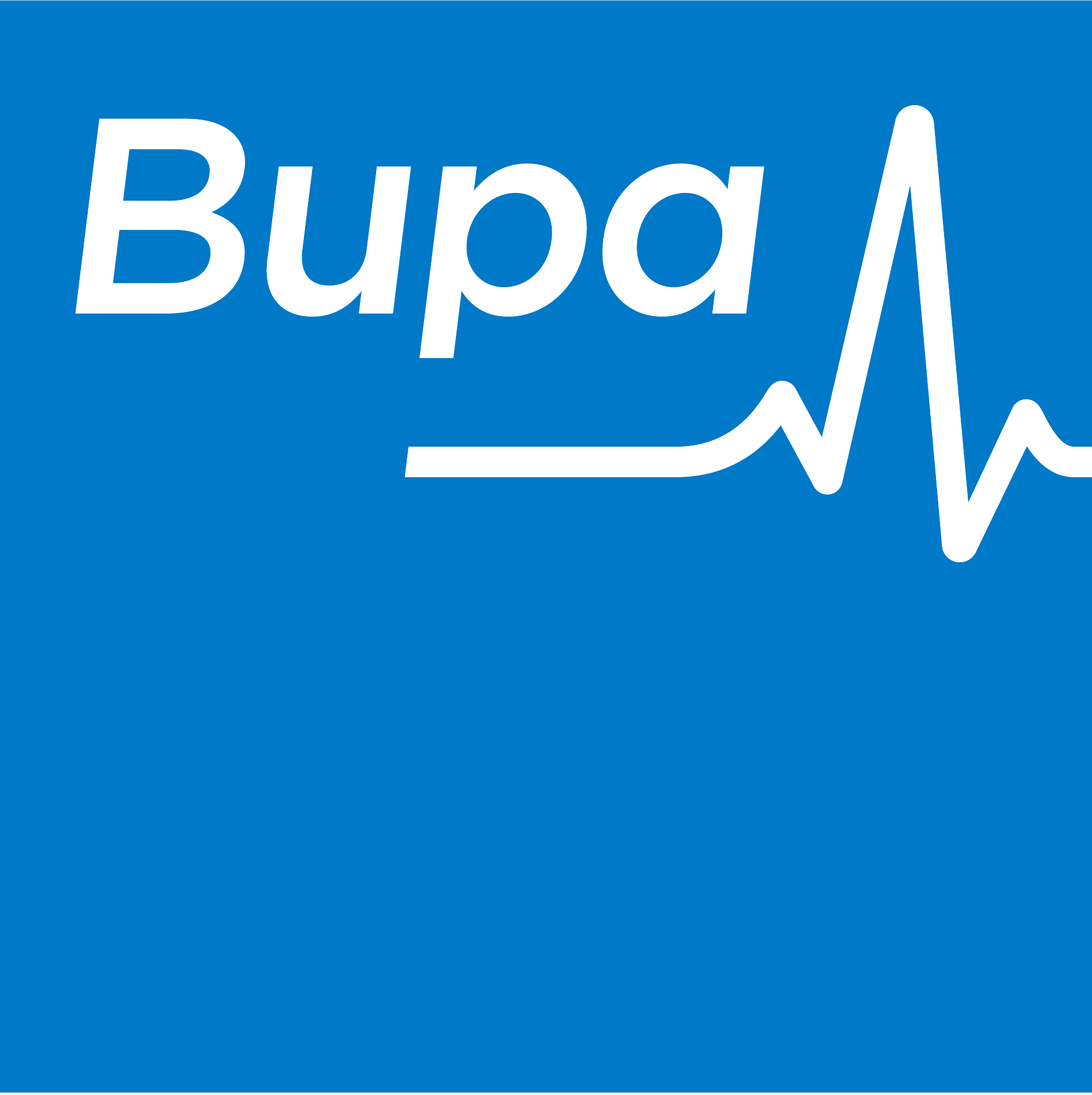At times addiction can negatively impact individuals and those who work with them, both at home and at work. Stigma also makes it a tricky subject to raise and discuss. So just how can you best approach and support employees who show signs of addictive behaviour?
Addiction is a condition where an individual loses control over their actions, often involving substances like alcohol, nicotine, or drugs. However, addiction can also extend to behaviours such as gambling or gaming. This condition not only impacts the person experiencing it but also those around them.
Recognising the signs
If someone in your team is misusing drugs or alcohol, you might notice:
- Frequent absence from work
- Decline in performance or productivity
- Accidents or near misses, or
- Changes in behaviour.
Similarly, employees with behavioural addictions may exhibit restlessness or irritability when unable to engage in their addictive activity.
Addressing addiction
People with addiction often face stigma, making it harder for them to seek treatment or disclose their condition. Different factors might have led to substance abuse, such as difficult home life situations or a family history of addiction.
If an employee approaches you about their addiction, thank them for their honesty and take steps to provide support. Encourage them to speak to a GP or utilise your organisation’s occupational health service or employee assistance programmes.
Initiating a conversation
If you suspect an employee is experiencing addiction, consider raising the issue in a private discussion. Here are five tips to remember:
- Assure them the discussion is confidential, but some information sharing may be necessary.
- Use open and non-judgemental questions like: “You seem very tired recently. How are you feeling?”
- Avoid making assumptions; their behaviour changes might be unrelated to addiction.
- Provide specific examples of worrying behaviour at work.
- Ensure that they don’t feel pressured or judged. Use terms like ‘excessive use’ or ‘frequent use’ instead of ‘addiction’ or ‘addict’.
Resources for support
Encourage employees to speak to a GP if addiction is affecting their health. There are numerous support charities and organisations available, such as Action on Addiction, which can provide valuable resources for those affected by addiction.
By fostering a supportive environment, you can help your colleagues navigate their challenges and contribute to a healthier, more productive workplace.
For more information about addiction and how to support colleagues who might be affected by addiction, please see our manager guide here: A Manager's Guide To Addiction.
Health Horizons virtual event – Hidden additions with the impacts in plain sight - Thursday 8 May, 11am to 12pm
Our next health horizons event will be discussing addiction, specially hidden addictions within the workplace and the impact of this.
This virtual event is part of a series designed to support leaders in your business, to help anticipate the challenges and opportunities that are shaping the future of workplace health and wellbeing.
The series brings together industry experts, innovators and thought leaders to explore the emerging trends, cutting edge technologies and evolving practices in healthcare.
Tailored for senior leaders, HR professionals and wellbeing benefit managers, attendees will gain unique insights into the transformative landscape of workplace health and wellbeing.
If you are interested in hearing more, the next event ‘Hidden addictions with the impacts in plain sight’ will take place on Thursday 8 May, from 11am to 12pm. Register here: Bupa's Health Horizons virtual event: Hidden addictions with the impacts in plain sight - Invitation to Bupa's Health Horizons virtual event: Hidden addictions with the impacts in plain sight












